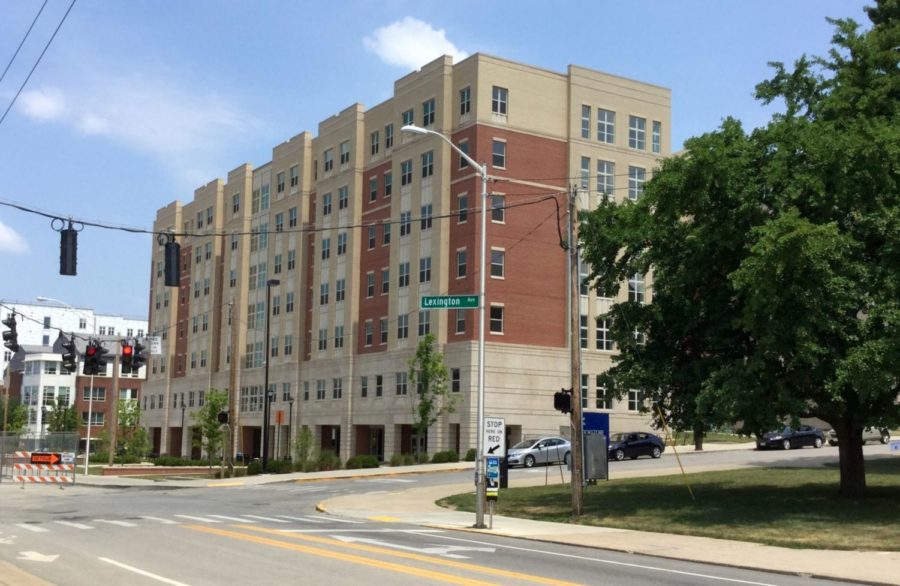Resident Advisors bring sense of family to dorm life
September 20, 2017
Dorms are a college student’s home away from home, and game nights are an essential in this household.
Resident Advisors are required to plan events, also called “programs,” for their residents.
RA’s are students who are employed in residence halls around campus. There are typically two to four RA’s on each floor, depending on the size of the hall.
RA’s have a heavy workload, both as students and as student employees. However, many still manage their academic and social lives with ease as they transition into being an RA.
“It’s just different because I used to be in the library all the time last year, but now I just kind of do my work behind the desk, but it’s not affecting anything. It’s just a different way of doing it,” said Ryan Bass, an accounting sophomore and first year RA in Boyd Hall.
This year, each RA is required to plan six events, all centered around themes such as academics, financials, wellness, belonging and engagement. RA’s in Boyd Hall are encouraged to keep the events casual and social. For each “pillar,” a Residential Life term for the topics covered in the meetings, RA’s have a broad range with what they can do.
RA’s have to fill out forms similar to lesson plans that detail the program they’re planning and if they require any compensation for food or other supplies.
“I try to come up with some ideas that if I were a resident I think I would enjoy,” said Marlaina Parker, a psychology junior and second year RA in Boyd Hall.
The programs’ turnout varies throughout the semester, but there is a common theme of more people coming toward the beginning. RA’s seem to have no hard feelings about less people coming toward the end of the semester.
“By the end of the semester, we’re tired. We know that y’all are tired,” Parker said.
Programs that come highly suggested from residents include puppies, painting and movie nights. The success of the programs depends on the dynamic of the floor, how well people get along and whether they are willing to interact with one another, according to Parker.
Parker said her floor last year consisted of mostly sophomores, juniors and seniors, while her floor this year is mostly freshmen. She expects her floor of freshmen to attend events more often than her older residents this year, but she did have a consistently good turnout to events last year.
If RA’s put in so much work to planning events, who is appreciating them? Many RA’s feel the best way for residents to show their appreciation is to simply show up to events.
“It’s weird how we communicate and we send out fliers and stuff but you can still forget,” said Josh Lewis, a Russian studies junior and first year RA in Body Hall.
Lewis became an RA to explore leadership opportunities and to preserve the part of the college experience that living on campus has to offer. He finds that the most rewarding part of being an RA is when he gets to connect with new students and freshmen.
“I think it’s rewarding for as much work as you put in, if you’re forming relationships with people, you’ll get that back,” Lewis said.
Many residents feel the same way about their RA’s, building a family in their home away from home in the process.
“She’s always someone to talk to if we don’t know what to do. She’s always there. She always gives good advice,” psychology freshman Kara Sanator said.
“She’s not always trying to get us in trouble because she understands that we’re freshmen in college. She’s like our big sister.”

























































































































































